All our talk and worry about “work-life balance” is such a bunch of baloney.
I don’t mean to be depressing, but you will never find “balance” between your work and your personal life. That very idea hinges on an implicit belief that there is some perfect ratio between time spent on work (and work-like activities, like checking your email) and time spent on everything else (like sleeping, or eating your lunch away from your desk, or helping your kids with their homework).
Your work and your personal life do not amount to a zero-sum game, where more of one means you’re compromising the other. In fact, the quality of your work and your productivity — your ability to create something of value and meaning for yourself and for others–is utterly dependent on the quality of your personal life.
How happy you are profoundly influences how well you do your job. Reams of research shows beyond a shadow of a doubt that what we do outside of work thoroughly influences the energy, motivation, focus, creativity, persistence, insight, and raw intellectual power we bring to a given project or task at work.
The better your personal life is, the higher your potential to do great work.
I can hear the war cries from Silicon Valley and Wall Street now. “But no one in tech or at a start-up or who is brokering a billion dollar deal has a life!!! And THOSE people are rich and successful!!” you protest.
Hah. While those professions are certainly rigged so that the [mostly male] people at the top take home more money, their success is deeply subjective. Are they wealthy in the things that matter to you? Brigid Shulte reminds us to “remember that the wolves of Wall Street bragging about those long hours at the office got us into a global financial crisis, and that 95 percent of startups fail.”
Our sense that the most successful and productive people –“ideal workers”– put in an insane number of hours is just wrong. But what does the real “ideal worker” ACTUALLY look like?I’ve been pondering this question for five or six years now, and I’ve come to see that the real “ideal worker” has seven core qualities or skills. Read about them here, in this Medium post.
The search for the elusive ideal work-life balance is futile. You’re much better off putting effort into finding your flow. Need help? Check out my latest eCourse: The Science of Finding Your Flow (launching this Spring). If you order this eCourse now, you’ll get a FREE hardcover copy of my book The Sweet Spot. Click here to learn more about The Science of Finding Flow eCourse.
Photo by Michal Koralewski.

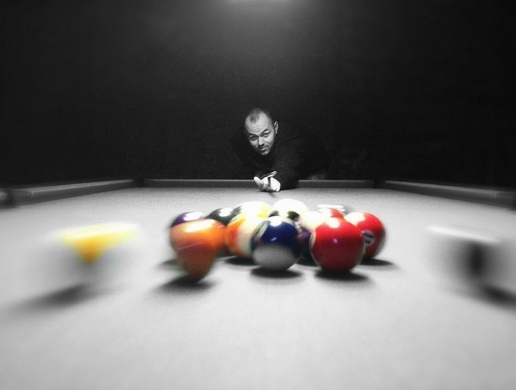
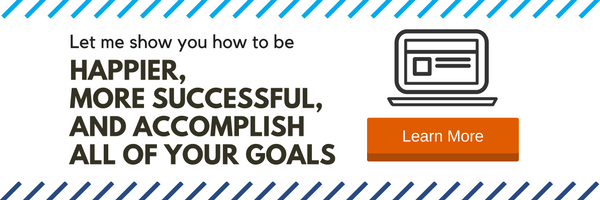

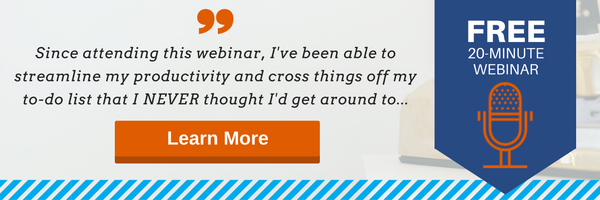
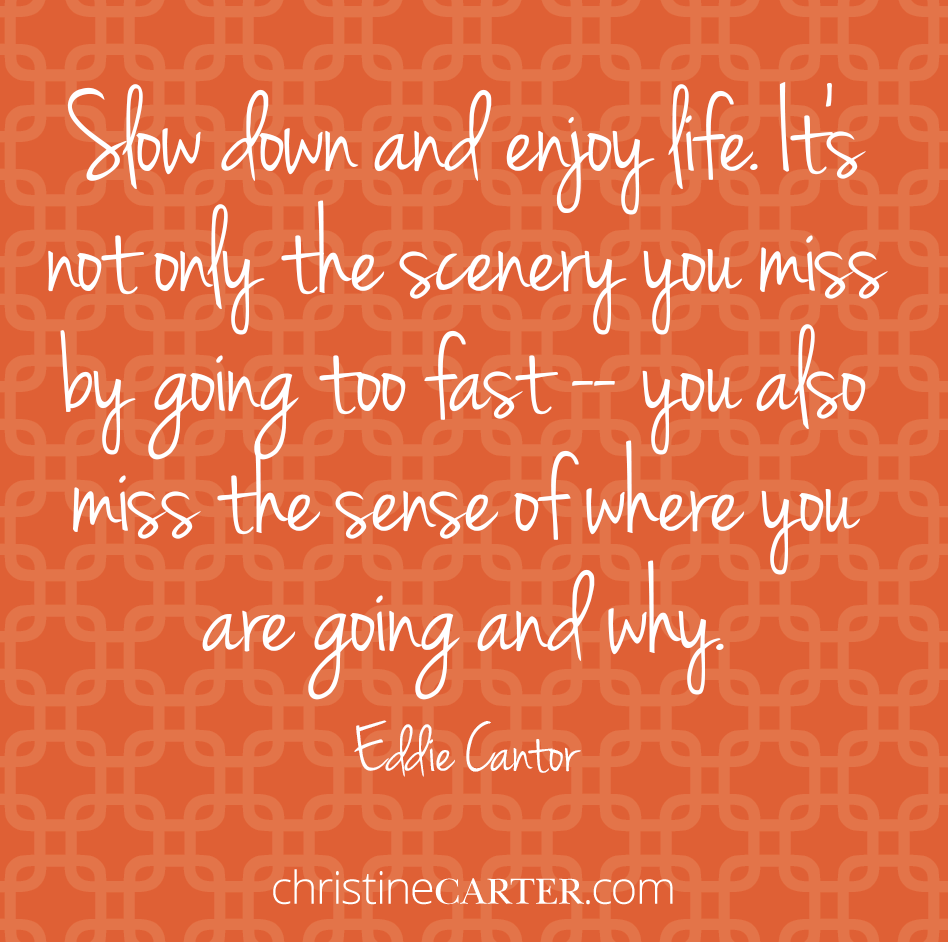

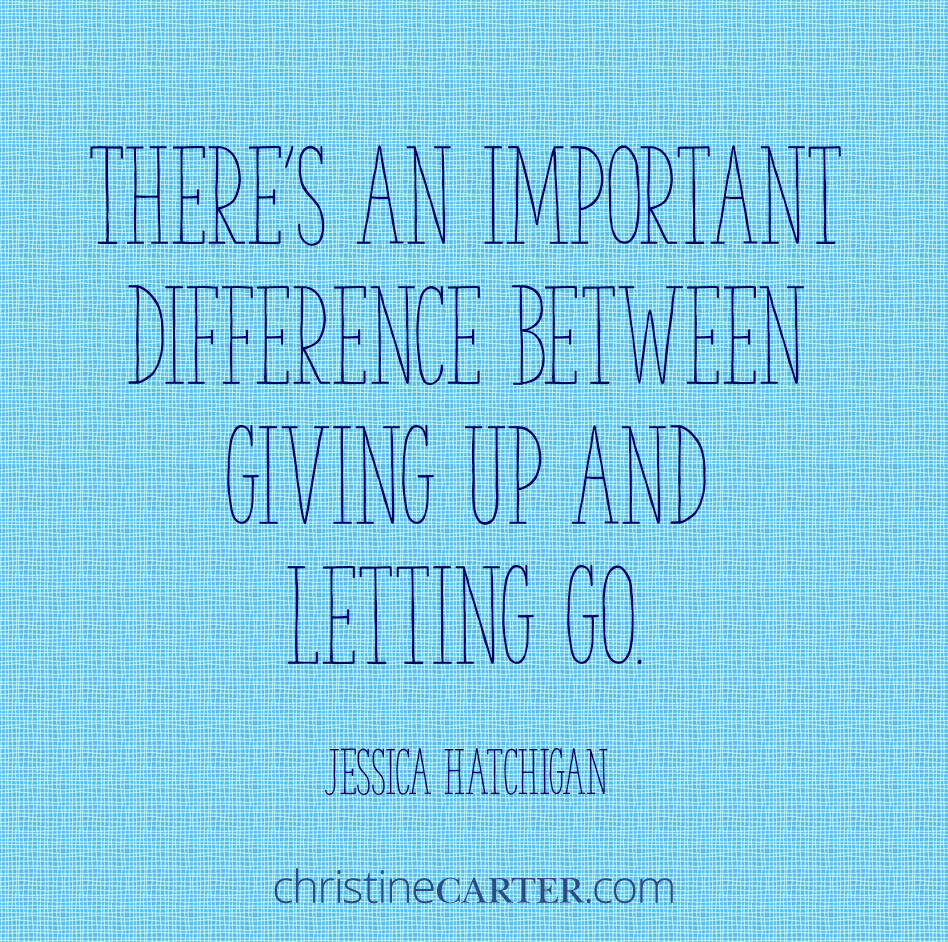 “There’s an important difference between giving up and letting go.” –Jessica Hatchigan
“There’s an important difference between giving up and letting go.” –Jessica Hatchigan
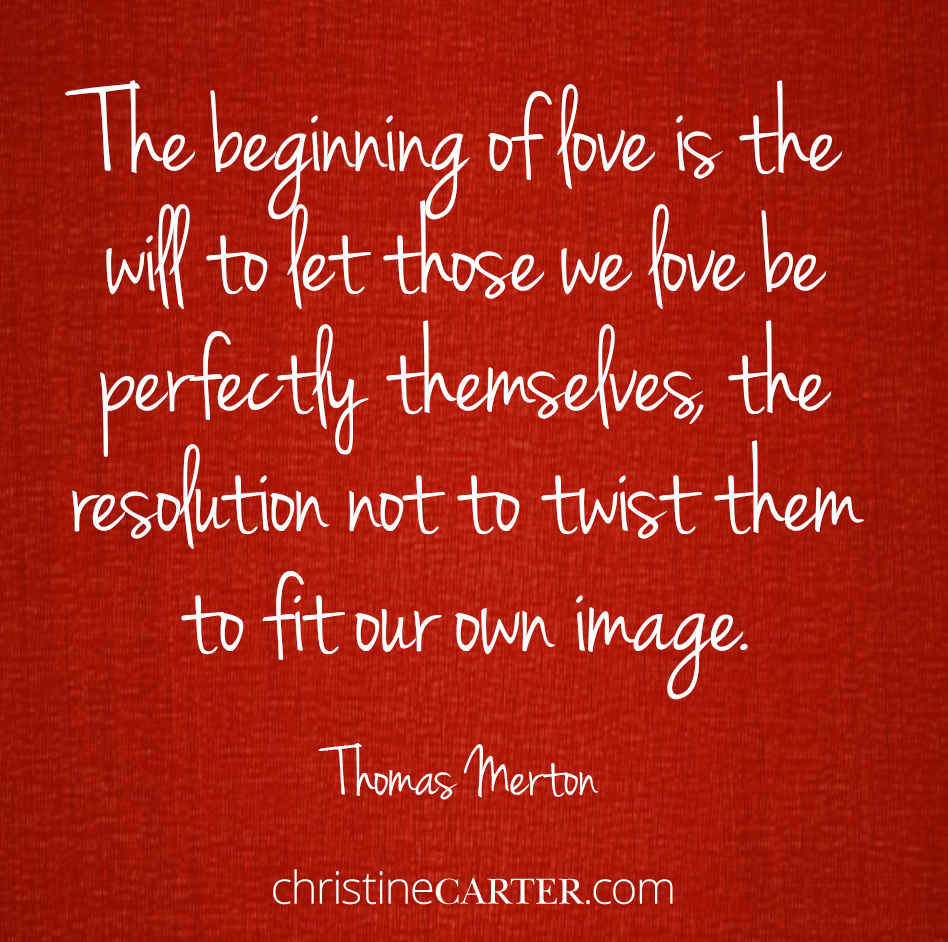 “The beginning of love is the will to let those we love be perfectly themselves, the resolution not to twist them to fit our own image.” — Thomas Merton
“The beginning of love is the will to let those we love be perfectly themselves, the resolution not to twist them to fit our own image.” — Thomas Merton